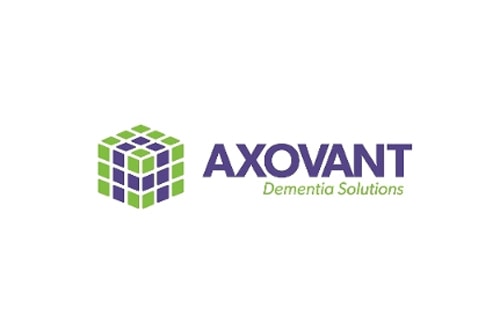
Axovant has licensed its second gene therapy candidate in as many months, signalling yet another shift from its earlier strategy of repurposing medicines for new uses.
The latest deal with Benitec Biopharma gives the Roivant Sciences company global rights to a preclinical stage gene therapy for rare disease oculopharyngeal muscular dystrophy (OPMD), due to start trials next year, and five other early-stage programmes for neurological disorders. Axovant is paying $10m upfront and plus milestone payments for the six projects, and will pay Benitec 30% of any net profit on sales.
Near-term clinical milestones could reach $17.5m, with another $170m in commercial milestones that could take the total value of the deal to just under $200m.
The latest deal comes just over a month after the company paid $30m upfront plus another $800m in milestones and other support for rights to a Parkinson’s disease gene therapy developed by Oxford BioMedica – and after Axovant hired former Spark Therapeutics’ exec Fraser Wright to bolt on expertise in the gene therapy sector.
OPMD is a rare progressive, and often fatal disease caused by a specific mutation in the polyA-binding protein nuclear 1 (PABPN1) gene, which causes muscle cell wasting and affects at least 15,000 people in the US and Europe. According to Axovant, patients with OPMD develop swallowing difficulties that can have potentially life-threating consequences, including malnutrition and aspiration pneumonia.
Benitec’s candidate, now renamed AXO-AAV-OPMD, is an adeno-associated viral (AAV) vector gene therapy delivered via a one-time intramuscular injection that silences the defective PABPN1 gene and replaces it with a functional copy. It gives Axovant another gene therapy variant to complement OxfordBioMedica’s lentiviral-based therapy OXB-102 (no renamed AXO-Lenti-PD).
According to Wright, this ‘silence and replace’ approach is unique in gene therapy and “could be an elegant solution to tackling autosomal dominant genetic disorders” – in other words diseases caused even when a single defective gene is inherited from a parent. In neurology that includes a number of serious neurodegenerative disorders like Huntington disease.
The push into gene therapy comes after Axovant was forced to abandon its former lead candidate intepirdine for Alzheimer’s disease after it failed late-stage testing, which led to the resignation of former chief executive David Hung.
New CEO Pavan Cheruvu said that the new deal “further demonstrates our commitment to advancing innovative gene therapies for serious neurological diseases.”
“I am excited about the potential of this platform for patients suffering from OPMD, many of whom have limited treatment options today.”




